All of our courses are vocational, which means that they are specifically designed to provide students with the skills, experience and knowledge to enter the animal care workplace. Working in an animal care facility, where you are responsible for a number of different animals and sometimes a range of different species on a daily basis is very different to caring for your own pets at home.
Therefore to successfully complete your qualification you will need to secure a formal workplace practical training placement in a animal related business or organisation. If you are completing our veterinary nursing qualification, you will need to complete your placement in a veterinary practice.
Below are just a few examples of the types of skills and knowledge that must be covered in all of our courses, which cannot be learned from caring for your own animals –
- Being able to understand and interpret the behaviour of animals that you are not familiar with. This is an essential skill in order to ensure that the animal is approached and handled in the most appropriate and safest way so as to minimise stress to the animal and reduce the risk of injury to the handler.
- The ability to accurately assess the health of an animal that you are not familiar with. As we know our own animals so well, we can often pick up on the early signs that something is wrong. However, being able to do this with animals that you do not know particularly well and may be in an unfamiliar environment such as boarding facility, rescue shelter or vet clinic requires a completely different set of skills and knowledge.
- Understanding of hygiene and infection control practices. In a facility where numerous animals are housed, it is vital to have a good understanding of the correct hygiene practices to ensure that all animals are kept healthy and to minimise the risk of the spread of disease and cross-contamination.
- Health and safety practices. Working with animals can present a very unique set of risks and therefore it is vital that students are aware of not only the possible risks but also how to ensure they can minimise these risks at all times.
Commonly asked questions about Workplace Practical Training
- What is workplace practical training?
- How do I know if the workplace I have chosen is acceptable?
- Can I volunteer in an organisation to meet the required work placement hours?
- Can I do my Veterinary Nursing practical work placement on weekends?
- Can I be exempt from the Workplace Practical Training if I have previous experience in a Veterinary Practice?
- Do I need to do the work placement with the same veterinary clinic or can I work in more than one workplace?
- Can I choose more than one workplace for my Animal Studies work placement?
- How am I assessed during my practical placement?




